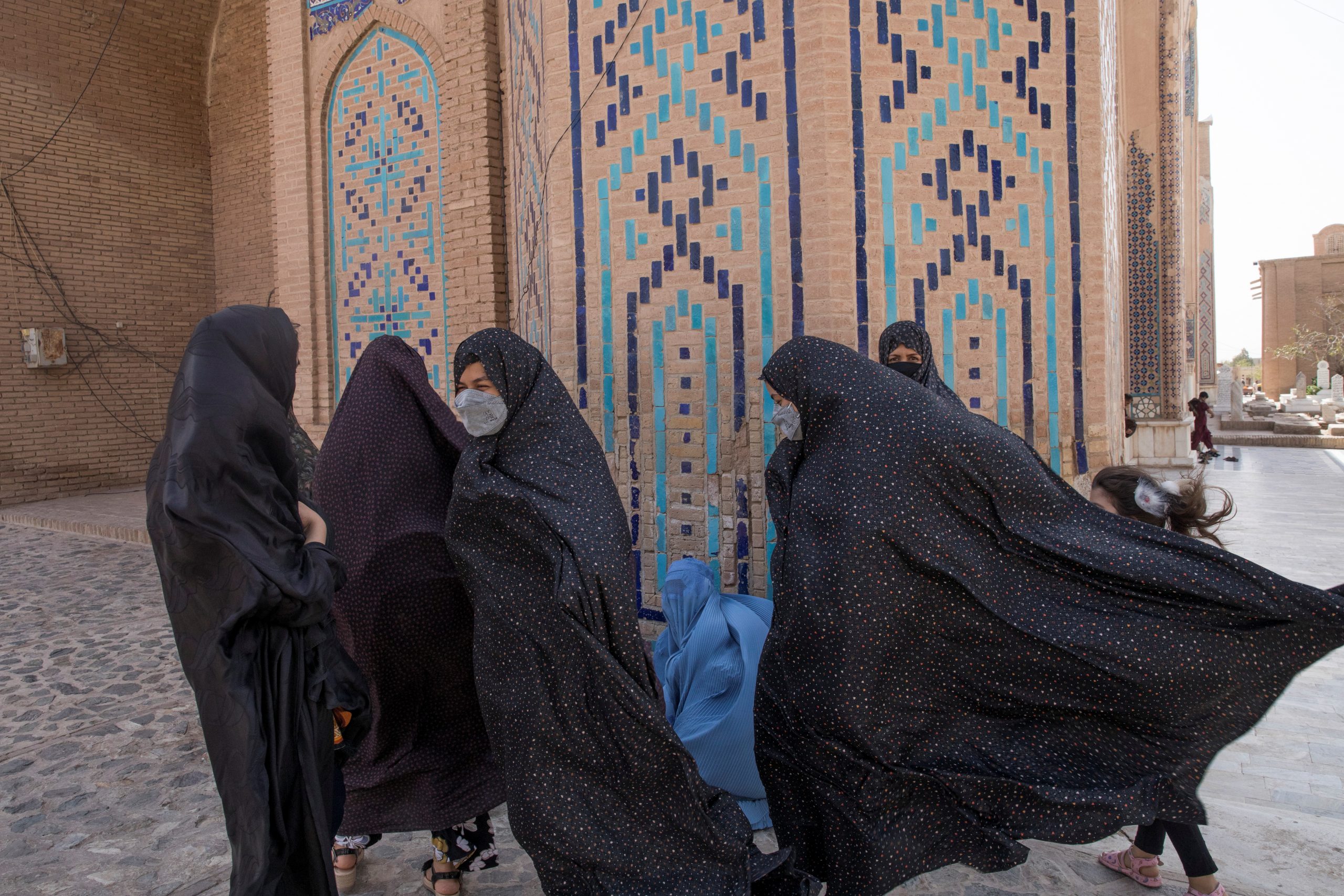
Lauren Moye, FISM NEWS
[elfsight_social_share_buttons id=”1″]
As the world watches to see what government and laws the Taliban will create, Afghanistan citizens quietly change their normal lifestyles to abide by former rules. The unease experienced by these citizens is increased by the Sept. 9 announced return of the Ministry for Propagation of Virtue and Prevention of Vice, which was once known for enforcing Islamic law with its harsh punishments.
A Kabul resident told Seattle Times, “People have stopped listening to loud music in public … fearing the past experiences from when the Taliban last ruled. I personally didn’t see any forced prayers. But there is fear in everyone’s minds.”
The Ministry for Propagation of Virtue and Prevention of Vice formerly existed from 1996-2001. As the name implies, the purpose of this office was to promote a lifestyle that aligns with Islamic beliefs. However, the ministry used harsh punishments to encourage citizens to abide by these laws. Amputations, stonings, and public beatings were all former trademarks of the ministry.
The laws went beyond basic crimes and enforced restrictions on loud music, American haircuts, and men with thin beards. The morality police roamed the streets to enforce these laws under the previous Taliban rule.
Women were the most vulnerable under this former regime. They were required to wear a full burqa and could not be in public without a male escort. They were prevented from education after sixth grade.
The new Taliban government promises that the harsher characteristics of the former ministry will not be brought back entirely. Mohammad Yousuf, a member of the Kabul office, told the New York Post, “We will punish as per the Islamic rules. Whatever Islam guides us, we will punish accordingly.”
This includes killing a murderer, losing a hand for stealing, and stoning for adultery. However, Yousuf claims that four eyewitnesses will be required for stoning and that some form of judicial court will be used for oversight. Morality police will once again be present on the streets of Afghanistan, but they will supposedly have a smaller presence than twenty years ago.
As for women, government officials have discussed some differences they expect between the new Ministry of Propagation of Virtue and Prevention and its former form. Hafiz Habib, Deputy Minister of the Haji and Religious Affairs, said, “Women can go to the office, everything if they have a job.” He suggested that a hijab or headscarf would be sufficient for Islamic rules.
However, the final rules for the new ministry have not been released yet and women’s rights activists have reason to be nervous. Despite political pressure to include minorities and non-Taliban members in Afghanistan’s government, the new cabinet is entirely male.
This cabinet has since banned women from sports. On Sept. 11, the government announced that women could continue in higher education but that universities would have to be segregated. Finally, women protestors for equal rights have been brutalized.
A jirga, or an assembly of Islamic leaders, will be responsible for deciding on the final document that will guide the Ministry for Propagation of Virtue and Prevention of Vice. While this jirga is open to females, only those considered a full scholar of Islam can join the assembly.
